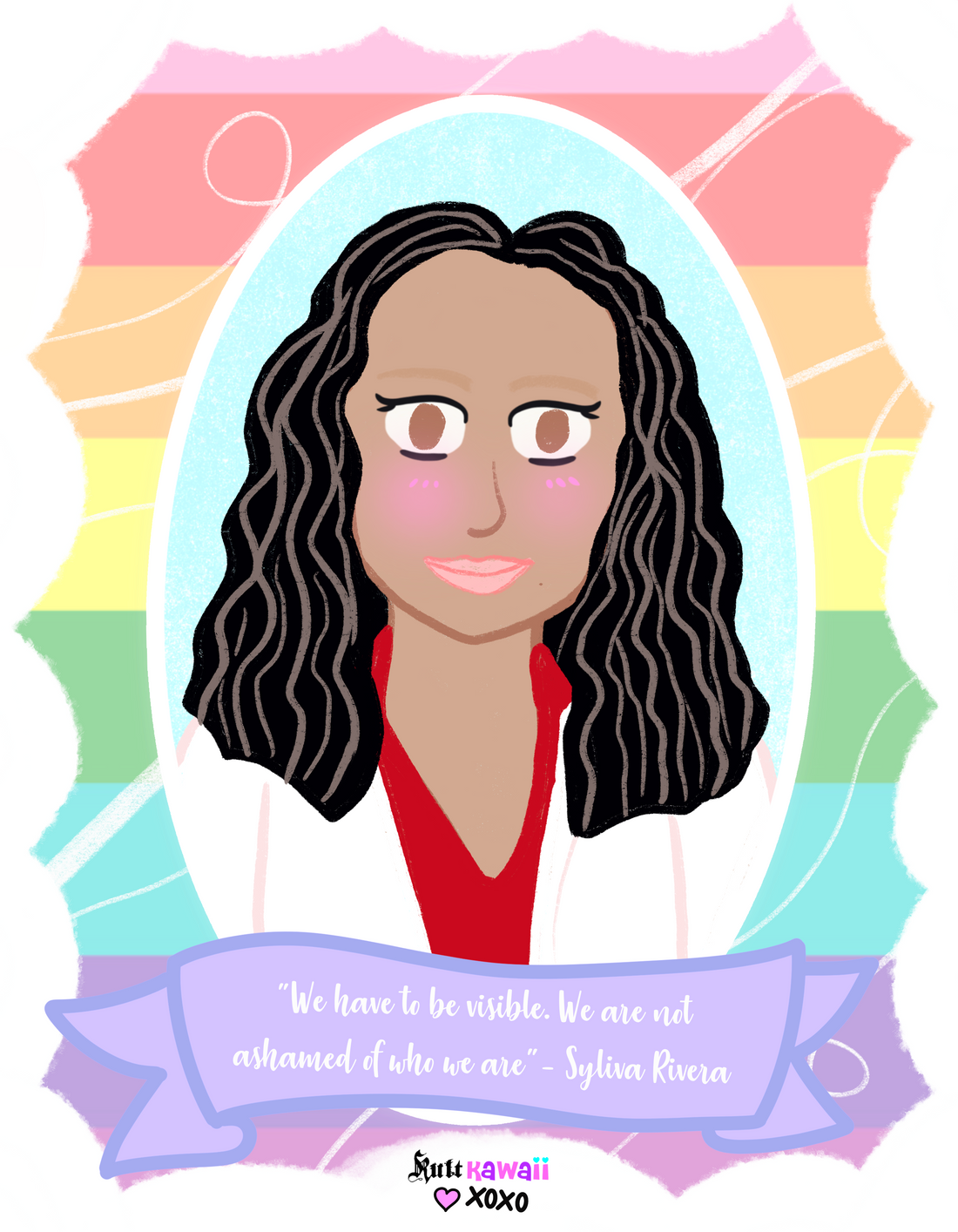
Celebrating Sylvia Rivera: A Pioneering LGBTQ+ Activist
Sylvia Rivera was a trailblazing activist whose tireless work for LGBTQ+ rights left an indelible mark on the movement. Born on July 2, 1951, in New York City, Rivera faced numerous challenges throughout her life, but her resilience and dedication to justice made her a pivotal figure in the fight for equality. As we celebrate her legacy, let’s delve into the life and achievements of this remarkable woman.
Early Life and Struggles
Sylvia Rivera was born to a Puerto Rican father and a Venezuelan mother. Orphaned at a young age, she faced a turbulent childhood, often struggling with issues of identity and acceptance. By the age of 11, Rivera was living on the streets, a victim of neglect and prejudice. These early experiences shaped her understanding of social injustice and fueled her desire to advocate for marginalized communities.
The Stonewall Uprising
Rivera’s activism gained prominence during the Stonewall Uprising in June 1969. The Stonewall Inn, a gay bar in New York City, was frequently raided by the police, but on June 28, the patrons decided to resist. Rivera was at the forefront of the uprising, and her bravery during these riots helped ignite the modern LGBTQ+ rights movement. The Stonewall Uprising is now celebrated annually as Pride Month, a testament to the courage of Rivera and her fellow activists.
Founding STAR
In 1970, alongside her close friend and fellow activist Marsha P. Johnson, Rivera founded the Street Transvestite Action Revolutionaries (STAR). This organization was dedicated to helping homeless transgender youth, a group often overlooked even within the LGBTQ+ community. STAR provided shelter, food, and support, embodying Rivera’s belief in direct action and community care. Through STAR, Rivera and Johnson worked tirelessly to ensure that the most vulnerable members of the LGBTQ+ community had a voice and a place to call home.
Advocacy and Challenges
Rivera’s activism extended beyond STAR. She was a vocal advocate for the inclusion of transgender people in the broader LGBTQ+ rights movement. However, she often faced resistance from within the community. During the 1973 Christopher Street Liberation Day Rally, she famously clashed with other activists who wanted to distance themselves from the transgender and drag communities. Despite being marginalized, Rivera’s resolve never wavered. She continued to fight for the rights of all LGBTQ+ individuals, emphasizing the importance of unity and inclusivity.
Legacy and Impact
Sylvia Rivera’s legacy is one of unwavering courage and resilience. She is remembered as a fierce advocate for those who were often forgotten, and her contributions to the LGBTQ+ movement are immeasurable. In recognition of her work, several organizations and institutions have honored her memory. The Sylvia Rivera Law Project, for instance, continues to fight for the rights of transgender, intersex, and gender non-conforming people, ensuring that her spirit of activism lives on.
Sylvia Rivera’s life was marked by struggle, but it was also defined by her relentless pursuit of justice. Her efforts paved the way for future generations of activists and helped shape the LGBTQ+ rights movement into what it is today. As we celebrate her legacy, let us remember the importance of standing up for all members of our community, ensuring that no one is left behind. Sylvia Rivera’s story is a powerful reminder that true progress is achieved through unity, resilience, and an unwavering commitment to justice.
In honoring Sylvia Rivera, we honor a pioneer whose spirit of activism and compassion continues to inspire and guide us.
